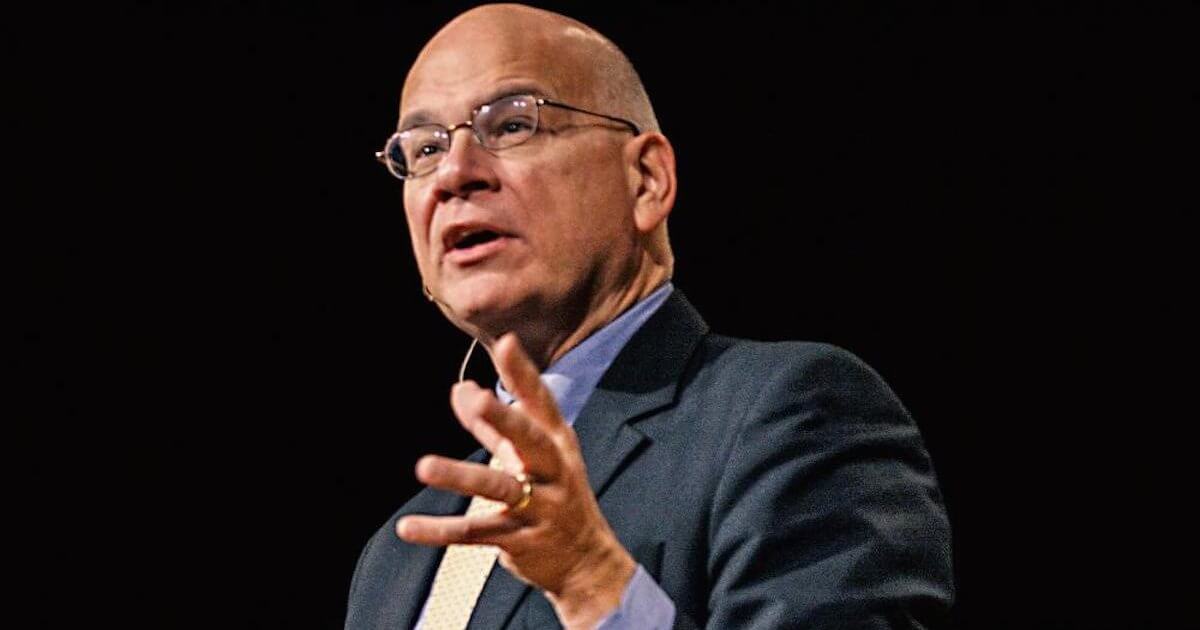“God has been remarkably present with me,” says retired pastor and best-selling Christian author Tim Keller following his diagnosis of pancreatic cancer.
On Twitter, Keller, 69, revealed he had been diagnosed with pancreatic cancer and is undergoing tests at The National Cancer Institute before starting chemotherapy. In 2002, Keller was diagnosed with thyroid cancer but went through treatment and was declared “cancer free.” Following his pancreatic cancer diagnosis, Keller is remaining positive and reassuring the public that he is in good spirits and feeling well.
Read More— Timothy Keller (1950-2023) (@timkellernyc) June 7, 2020
Catching Pancreatic Cancer Early Is Crucial
With a five year survival rate of just nine percent, it's vital that pancreatic cancer is caught as early as possible. Nearly 57,000 people will be diagnosed with pancreatic cancer this year, and the quicker its detected, the more treatment options for patients.
Although pancreatic cancer survival rates have been improving for decades, it's still considered to be largely incurable. An exception to this is if the tumor is still small enough and localized enough to be operated on. As most pancreatic cancers are particularly aggressive and progress rapidly, this means we need to catch them early. However, screening and detecting pancreatic cancer can be tricky. As the pancreas is deep inside the body, a tumor on it isn't as readily detectable as say, a melanoma on somebody's face, but there are symptoms that could point to pancreatic cancer. These include jaundice, weight loss, back pain and diabetes.
Dr. Anirban Maitra explains why detecting pancreatic cancer early is critical
Difficulties In Treating Pancreatic Cancer
One of the main reasons that pancreatic cancer is so deadly is that it often isn't caught in time. Around eighty percent of pancreatic cancer patients already have advanced disease by the time they're diagnosed, severely limiting treatment options. Just twenty percent of patients have their cancer caught early enough to make them a candidate for surgery, the only way that pancreatic cancer can currently be cured.
Another reason the disease is so difficult to treat is because of the stroma which is surrounded by cancer cells and is often resistant to medication, chemotherapy, and radiation. Since it serves as a barrier against treatment, it's more difficult to kill cancer cells in the body.
Dr. Allyson Ocean explains why pancreatic cancer is so hard to treat
"Think of pancreatic cancer as an oatmeal raisin cookie and the raisins are actually the cancer cells, and the cookie part is actually all the stroma around it," says. Dr. Allyson Ocean, a medical oncologist at Weill Cornell Medical Center. "And imagine having to navigate through all that stroma for a treatment to be able to get into a cell to kill it. So that's why the treatments just really aren't good enough to penetrate the cancer. But we're improving, we're getting better treatments."
Learn more about SurvivorNet's rigorous medical review process.


